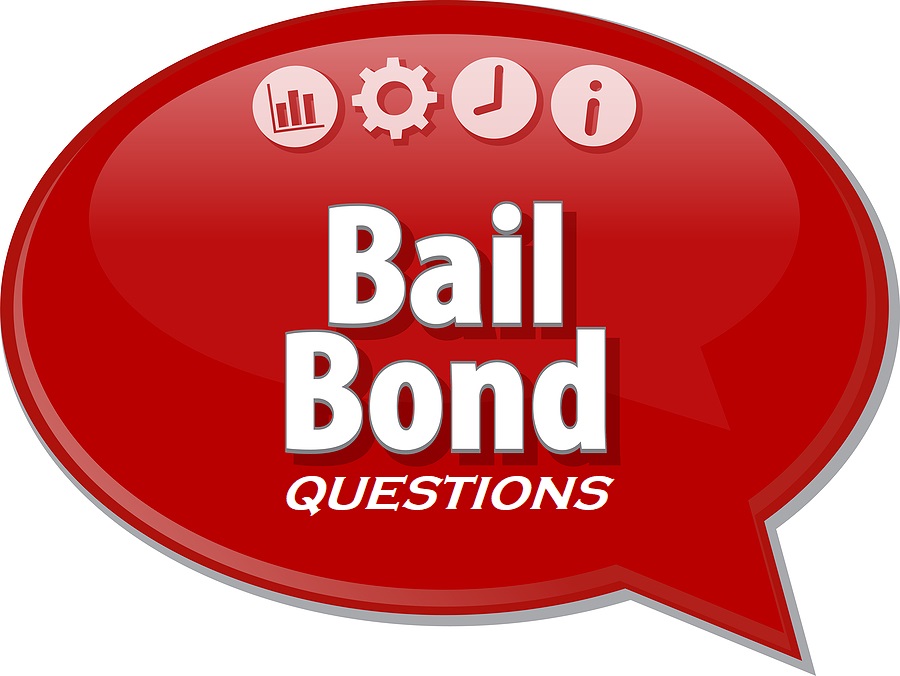Dealing with an arrest, whether it involves you or a loved one, can be overwhelming and stressful. If someone is detained in Tippecanoe County, understanding the bail bond process can make all the difference in securing their swift release. This guide will walk you through everything you need to know about navigating bail bonds successfully in Lafayette, Indiana—from how they work to avoiding common pitfalls.
Whether you’re unfamiliar with the process or seeking specifics for Tippecanoe bail services and Tippecanoe County Jail procedures, we’ve got the answers you need.

What Are Bail Bonds and How Do They Work?
At its core, a bail bond is a type of financial guarantee provided by a bail bondsman to the court. It ensures that the arrested individual (the defendant) will attend all court proceedings once released from custody. If the defendant fails to appear, the bail bond may be forfeited, and the bonding company may seek reimbursement.
The Bail Bond Process in Tippecanoe County
Here’s how the bail bond process typically works in Lafayette, Indiana, and Tippecanoe County Jail:
- Arrest and Bail Amount Setting – When someone is arrested, they are taken to the Tippecanoe County Jail. The court will then determine the bail amount based on factors including the severity of the offense, the defendant’s criminal history, and flight risk.
- Contacting a Bail Bondsman – If the bail amount is too high to pay in cash, contacting a local bail bondsman in Tippecanoe can help. They post the bail on your behalf for a percentage fee (often between 10% and15% of the total bail).
- Release from Custody – Once the bail bond is secured and filed with the court, the defendant will be released.
Understanding these steps is vital to navigating the process smoothly and efficiently.
How to Find a Reliable Bail Bondsman in Lafayette, Indiana
Choosing the right bail bondsman is critical to ensuring a smooth process. Here are a few steps to help you make a confident choice:
- Research Reputable Companies – Look for bail bondsmen operating specifically in Tippecanoe County. Read online reviews, request recommendations, and ensure they are licensed in Indiana.
- Ask Questions – Don’t hesitate to ask about their fees, collateral requirements, and the timeline for release. Transparency is key when evaluating your options.
- Check for Local Expertise – Bail bondsmen in Tippecanoe who are familiar with the Tippecanoe County Jail and court system will often be more efficient and effective.
Contact a Lafayette Bail Bondsman Today!
What to Expect When Working with a Bail Bondsman
Once you’ve selected a bail bondsman, here’s what will generally occur:
- Paperwork and Documentation – The bail bondsman will require personal details about the defendant, such as full name, date of birth, and charges, along with collateral or a co-signer, depending on the bond amount.
- Payment of Fees – You’ll pay a non-refundable fee, usually 10% to 15% of the bail amount. For example, if bail is set at $10,000, the cost to you would typically be between $1,000 to $1,500.
- Bail is Posted – After filing the bond with the court, the defendant will be released. Speed varies case by case, but often, release occurs within a few hours.
Knowing Your Rights and Responsibilities
To better equip yourself, it’s important to understand your rights and obligations when using a bail bond service in Lafayette.
Your Rights
- The right to fair treatment during the entire process.
- The right to receive detailed information on fees and collateral.
- The right to revoke collateral for release after the bond liability is discharged (e.g., after the case concludes).
Your Responsibilities
- Ensure the defendant appears at every court hearing.
- Notify the bail bondsman of any changes to the defendant’s contact information or circumstances.
- Adhere to the bail conditions set by the court to avoid revocation of the bond.
Avoid Common Mistakes When Dealing with Bail Bonds
Mistakes can delay the release process or lead to additional complications. Here are the most frequent mistakes to avoid:
- Not Checking Licensing – Always verify that your chosen bail bondsman is licensed in Indiana.
- Misunderstanding Fees – Confirm whether there are any additional fees or hidden costs beyond the initial 10%-15% fee.
- Ignoring Court Dates – Failing to show up for court can lead to the immediate forfeiture of the bond.
- Providing Incorrect Information – Ensure all personal details provided to the bail bondsman are accurate and up to date.
Frequently Asked Questions About Bail Bonds in Lafayette
What factors determine the amount of bail in Tippecanoe County?
Bail amounts are typically based on the defendant’s criminal history, the seriousness of the charges, and flight risk. Local factors in Tippecanoe County, including court discretion and state guidelines, may also play a role.
How quickly can a bail bondsman secure someone’s release from Tippecanoe County Jail?
Release times vary but generally happen within a few hours after the bond is posted.
What types of collateral are accepted by bail bondsmen in Lafayette?
Collateral can include property deeds, vehicles, jewelry, or other valuable items. Each bail bondsman will have specific policies regarding collateral.
What happens if the defendant violates the terms of their bail bond?
If the defendant violates their bail terms (e.g., skips a court date), the bond is forfeited, and the bail bondsman may seize collateral to cover the cost.
Are there additional fees or charges associated with using a bail bondsman in Lafayette?
While the primary cost is the non-refundable percentage fee, some bail bondsmen charge administrative fees or additional costs for specific services.
Does the bail bond process differ for misdemeanors versus felonies in Tippecanoe County?
Yes, felony charges typically result in higher bail amounts and potentially stricter conditions compared to misdemeanors.
Local Tippecanoe County Jail and Court Contact Information
- Jail: 765-423-1655 (main), 765-423-9321 (inmate information)
- Superior Court: 765-423-9383
- Circuit Court: 765-423-9221
Partner with a Trusted Bail Bondsman Today
Navigating the bail bond process in Lafayette, Indiana, doesn’t have to be daunting. With this guide, you’re better equipped to handle unforeseen challenges, make informed decisions, and avoid common pitfalls.
If you’re searching for a reliable Lafayette bail bondsman with expert knowledge of Tippecanoe County Jail procedures, contact Woods Bail Bonds today. We’re here to help you every step of the way.
Get a Tippecanoe County Bail Bond Now
Related Post: How to Get Someone Out of Tippecanoe County Jail









